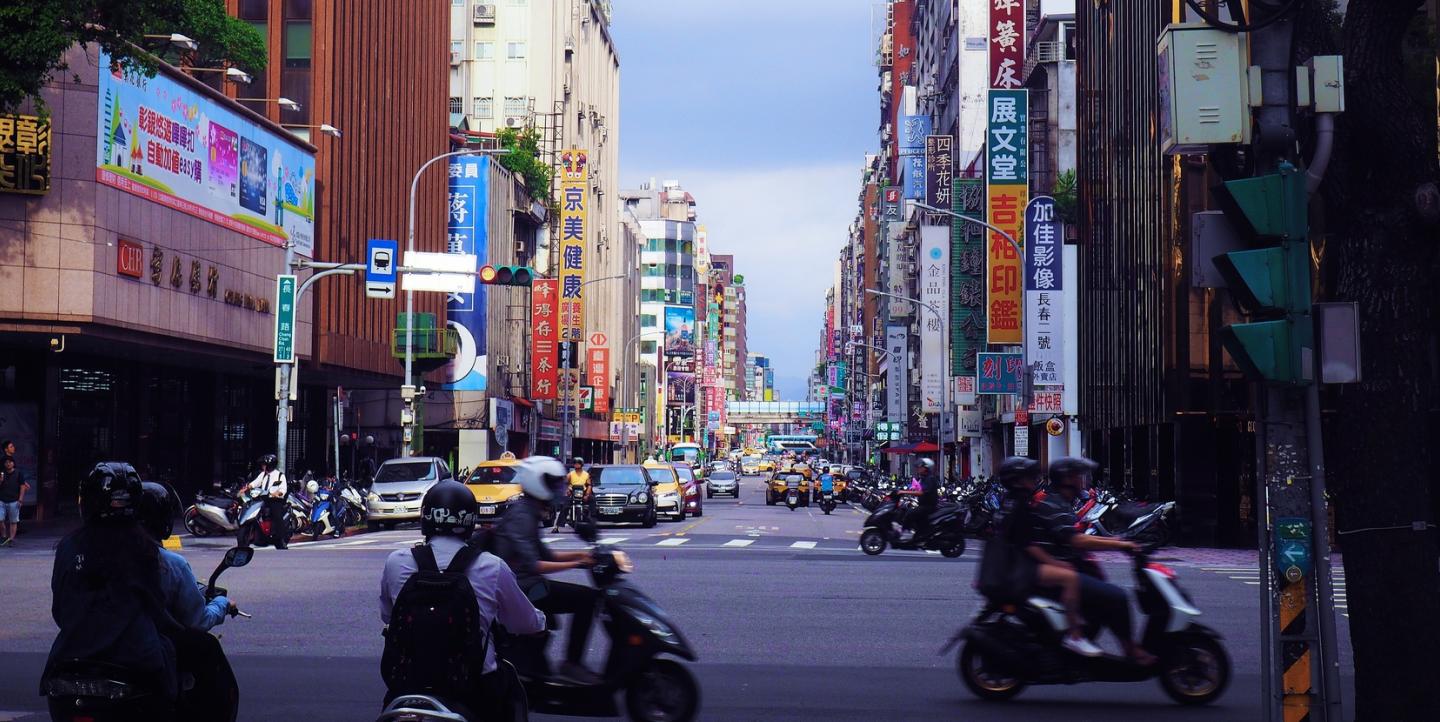When German broadcaster Deutsche Welle announced it was opening its Greater China bureau in Taipei, it was met with considerable enthusiasm by journalists and China watchers.
The choice to set up shop in Taiwan over Hong Kong is significant: long the preference for Asian editing desks, Hong Kong’s status as a journalism hub is facing an uncertain future after kicking out its first foreign journalist, Financial Times Asia news editor Victor Mallet.
Deutsche Welle’s decision is also an indication that Taiwan, long overshadowed by its relationship to China, might finally be getting more international recognition.
Foreign media outlets are slowly, but surely, expanding their presence in what is one of Asia’s only liberal democracies.
Cutbacks ‘went too far’
Taiwan’s Ministry of Foreign Affairs told us that six journalists joined its official ranks of registered foreign media in the past year, bringing the total to 88. One notable addition is Kathrin Hille, a Financial Times Greater China correspondent who recently relocated to Taiwan.
Samson Ellis, a foreign journalist with a decade of experience working on Taiwan, says coverage in the past 10 to 15 years had been especially limited as media outlets met industry-wide falling advertising revenues with reporter cutbacks.
“I think the cutbacks in Taiwan went too far,” he says. “People assumed, ‘Oh, Taiwan you can cover it from Hong Kong and China,’ but the discovery has been you can’t — or you can, but you cover it badly.”
The election of President Tsai Ing-wen, who has moved Taiwan away from Beijing, along with 2014’s Sunflower Movement student protests and its status as potentially the first country in Asia to approve same-sex marriage have helped to renew international interest in the country.
“What’s interesting now is you’re finally getting change happening in how the foreign media is talking about Taiwan or taking a less China-centric stance in how they refer to it,” Ellis says.
Still ‘less than a country’
On social media, commentary surrounding Taiwan often focuses on how it contrasts with other parts of the Chinese world, particularly Hong Kong, where many observers note legal and political freedoms are dwindling ahead of the “One Country, Two Systems” principle expiring in 2047.
Many news outlets, however, still decline to refer to Taiwan as a “country” as the United Nations does not recognize it as such and Beijing claims it as a province under the One China policy.
The Economist, censored in China, is one notable exception in English media.
Could more media follow?
Cédric Alviani, the Taipei bureau director for Reporters Without Borders, which chose Taipei as the location for its first Asia bureau last year, said news outlets may find other compelling reasons to shift to Taiwan, for reasons from affordability to political predictability.
It is also relatively easy to register as a media outlet or foreign correspondent in Taiwan, he says. “Some media might not understand things have changed; Taiwan is as competitive as Hong Kong.”
Alviani believes the shift of news outlets to Taiwan from elsewhere in Asia is going to become a “very strong trend”.
You can see even in Hong Kong it is not that easy for international media to do free coverage of the news,” he says. “I wouldn’t be surprised if others will follow."
This post originally appeared on Splice. It was republished on IJNet with permission.

